Janata curfew and the face of hope in times of death
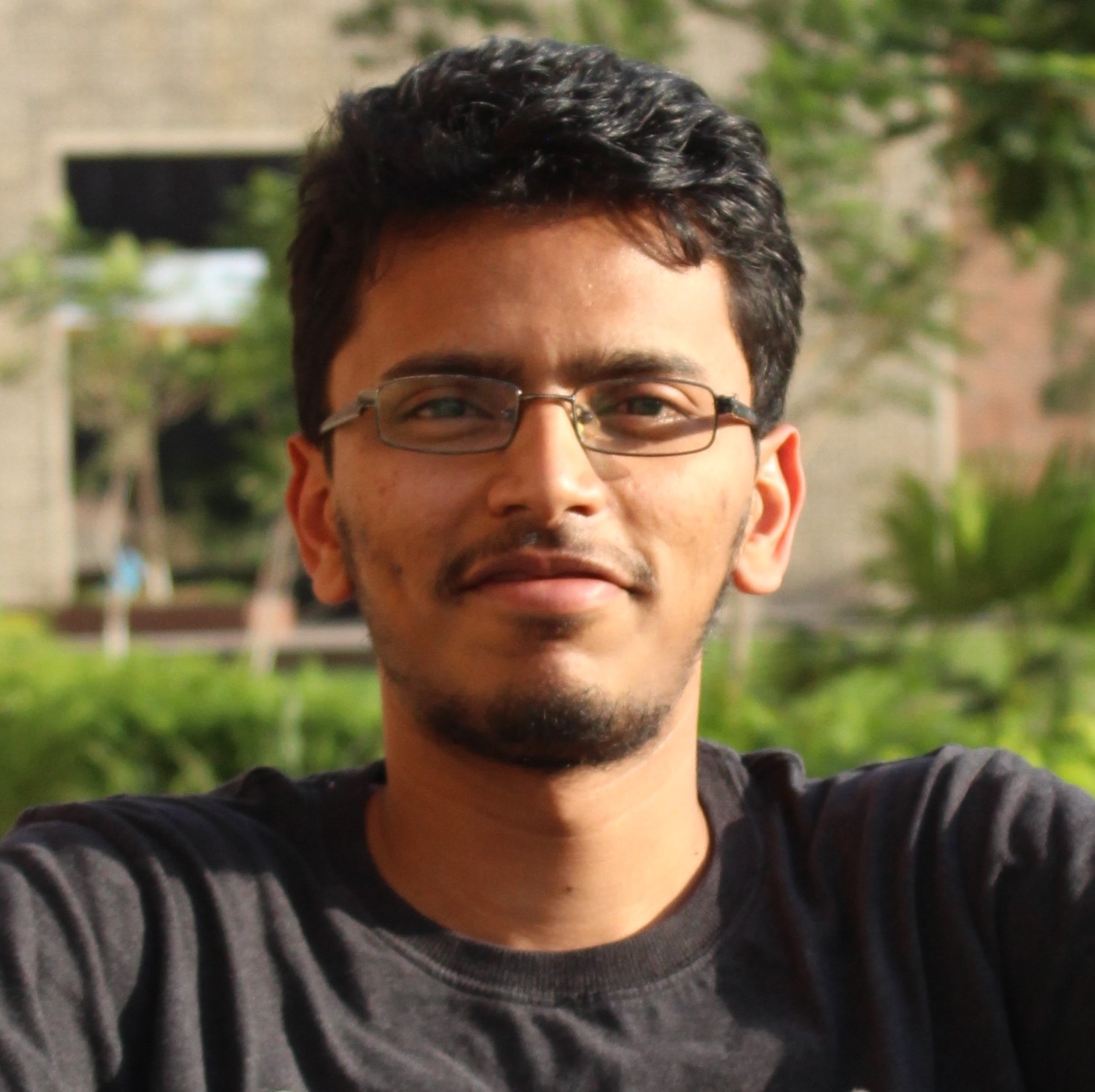
Srinath Rao is the Founding Editor of The ArmChair Journal, with experience working in political and public sector consulting.
Death is an intriguing idea. It is a metaphysical space of comfort to escape from the boredom and meaninglessness of daily life. When we are alive, a feeling of helplessness and death is among the secret moments of desire. As long as it is metaphysical, it appears desirable as it offers a space to loathe over our daily sufferings of life. These ‘metaphysical moments of death’ are also ‘moments of life’ in Life. However, when we are close to encountering it, and feel the difficulty of escaping it, it ceases to be metaphysical. It is no more space of comfort, and we are reminded of self-preservation and resistance.
Durkheim, one of the fathers of Sociology, opined that the suicide rates during World Wars were lesser as social interaction increases during times of War. Irrespective of the explanation offered, documented suicide rates during the Wars were lower. In other words, in the face of death, we might want to die less. It applies to today’s times too. Has our prime minister not compared this to a world war-like situation in the ‘Janata curfew’ speech? As fearful as the times are, these are also interesting as they reveal our newer ways of being to us. Both in life and death. We have newer things to worry about these days.
Politics, in general, is about negotiating ambiguities and taking positions. Needless to mention at the outset that almost every aspect of life is affected at the spread of the novel coronavirus, adding to the already existing ambiguities of human life in a society. As such, these times carry within them seeds of change, even if you and I are not alive by the end of it. Or, let’s at least hope they are, not for the skeptical you and me, but for the good of humanity.
Leadership and politics
In debates around democracy and authoritarianism which share a love-hate relationship, and miss each other when one is not adequate, we come across ideas like, “Whenever the citizens trust each other, we end up with democracy; and whenever the citizens distrust each other, we end up in an authoritarian regime.” This is a simple thumb rule about understanding a political society and the extent of its democracy.
In times of a public health emergency like we are in today, we- the citizens do not trust each other. What we are left to trust instead is the public policy, the government, and the state apparatus to direct us towards overcoming the challenges ahead. We see each other as risky to meet or to even stay under a single roof together.
It is in these times that the merits of authoritarianism can help. The state and the direction it shows are the only hope. Citizens leave their faculty of thinking aside as they are helpless, and outsource it to machinery called the state. Circumstances have ripped them off everything and they are left disempowered and afraid, yet they are hopeful under a strong government. The community and the government are the same, for there is no community anymore- but only an invisible state. Citizens look up to the government to lead.
Indian society is popularly seen as obsessed with cinema, cricket, and politics. Today, it is not. Universities all across the country are shut down, along with shopping malls, cinema theatres, and cricket matches. Universities have asked students to leave. While resident students moving back to their homes might spread the virus more, there was also a call for ‘Janata curfew’- to stop movement. It is also understandable why universities might want to resist the risk of spreading the virus within resident students. They do not want to take responsibility for the lives of their students.
University campuses are not like marketplaces. They are not as vibrant or as packed. They are little societies in their ways, and are more or less isolated from the outside in terms of movement of people, and also have access to first-hand knowledge. However, when universities do not show the willingness or take the responsibility to prevent/contain spread within their campuses, they cannot anymore be seen as institutions that can lead a society that is larger and more complex. It is either the failure of leadership within universities to take responsibility or the failure of universities as a system as such in terms of catering to the expectation upon them to throw light on issues facing humanity. Universities had no vision for themselves; they wanted a leader to lead them too.
In this backdrop, political instability in the state of Madhya Pradesh sounds particularly threatening, as there is no regular government to show direction yet. The regular political system to cater to public needs is not in place. This means the citizens are both hopeless for lack of a system to deal with the pandemic and also helpless as they do not trust each other for fear of the spread of the virus. Neither friends to love, nor the authority to lead. Each wants to preserve oneself, while also police the other. One cannot be in such a situation. One needs a leader.
It is in this situation that India performed a self-imposed ‘Janata curfew’! The self-imposition of restraint is similar to the idea of ‘Swaraj’ of Gandhi- that cautions us against the excessive exercise of freedom. Today, ‘Janata curfew’ is against the idea of freedom of movement in today’s circumstances.
The imposition of curfew in a democracy is generally seen as something to be resisted, or some move by the government to be distrusted more. But when citizens trust the state, they self-impose curfews. The ‘Janata curfew’ self-imposed by citizens is a voluntary acceptance as they feel disempowered and helpless. They just needed a nudge from the leader. What situation of protests depicted a total crisis of trust in the government since the citizenship law was amended, overturned into a situation where citizens trusted the state with all their love and hope in it. It is an ideological shift from distrusting the state to trusting it as the only hope, more than their friends, communities, identities, and ideologies.
Is ‘Janata curfew’ just the beginning
Can this ideological shift towards relating with the state lead to a public policy shift in more sensitive matters? One of the important questions during the pandemic has been that of the treatment of marginalized sections. Daily wage-workers, cab-drivers, housemaids, rickshaw pullers, fruit vendors, rag-pickers, beggars, fruit vendors, vegetable sellers, and sections of society which cannot afford social distancing or work from home also have to starve as a trade-off against social distancing.
Forget the capacity of the health system to deal with cases of infection, but do we have the capacity to mitigate it from spreading merely? To what extent can the social distancing help when self-imposed curfews can starve these sections, if not accompanied by measures to provide adequate food and support. It is either the ‘hunger virus’ or the ‘corona virus’ to be chosen from. These are also the sections that get swayed by money and liquor during elections and make politics just another affair of business people. Not their mistake, but the error of what our society holds as its values. The change of government does not matter in their lives except for the money distributed during elections. No change of government has prioritized them significantly and ideologically.
One of my friends from Kerala- once gave a presentation on globalization and criticized it for making the spread of diseases possible. I felt he was out of any ”real” points to criticize globalization and was forced to find some far fetched ideas to defend his position of discouraging free markets, as anyway, I knew he was from the Left. I felt it was fictional and ideological. Today, ideology appears like wisdom.
The excessive obsession of policymakers on ‘Gross Domestic Product’ as the single most criterion to be motivated by, and focus upon; the importance given to Economics as a discipline for its closeness to business and markets has also distracted us towards perceiving almost every other aspect of society as insignificant. Beyond insignificance, we also see any social issue other than the economic issue as a fictional issue that either does not exist or that which can exist only on the periphery of society.
Can the current public health emergency lead to a paradigm shift in the way politics are envisaged, and can it prioritize aspects of society that emphasize things other than expanding businesses? Can democracies like ours start focussing on issues that do not show immediate fruits like that of equality, inclusion, sustainability, and make them a habitual part of our value systems? Sooner or later, these values must restrain “Freedom” in all its glory towards a more balanced and pragmatic Swaraj. We need more caution and hope.
Janata curfew might just be the beginning of this paradigmatic change. Only time will tell.
Featured Image Credits: PMO



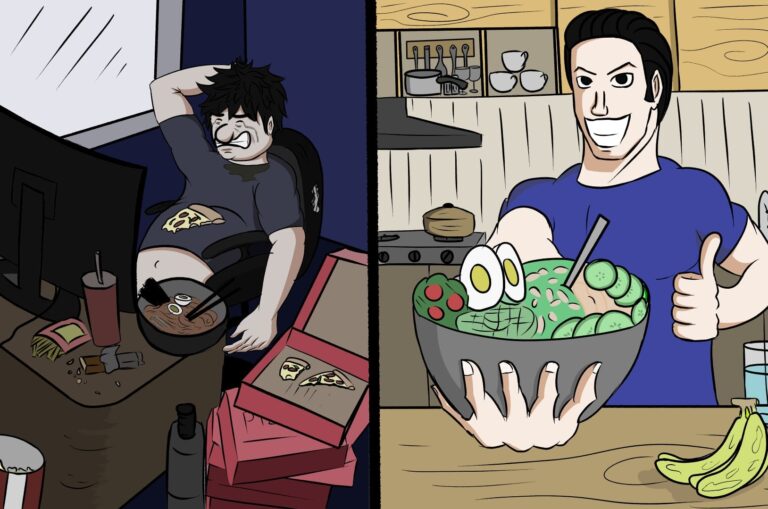
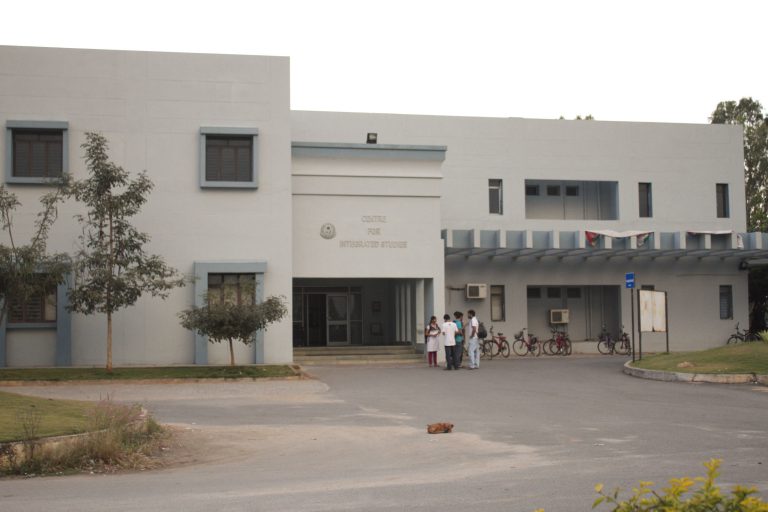
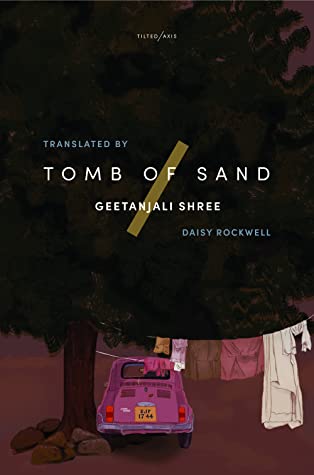
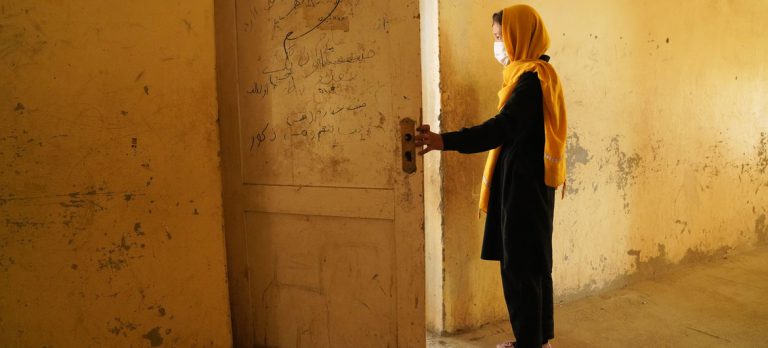
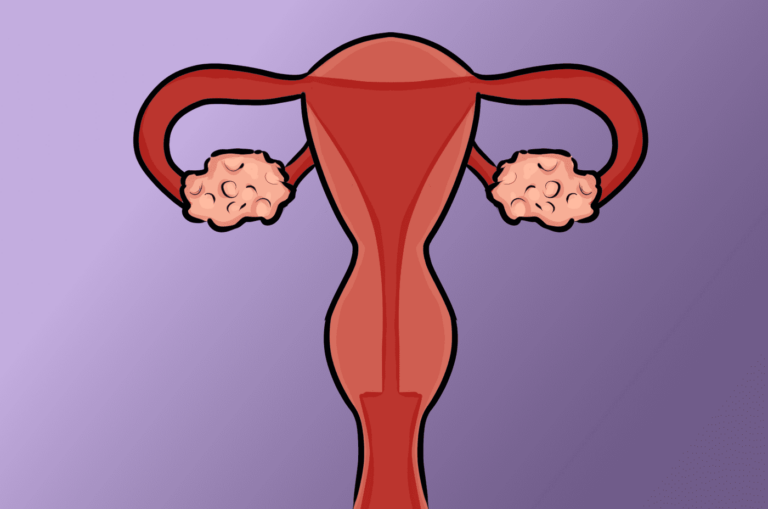
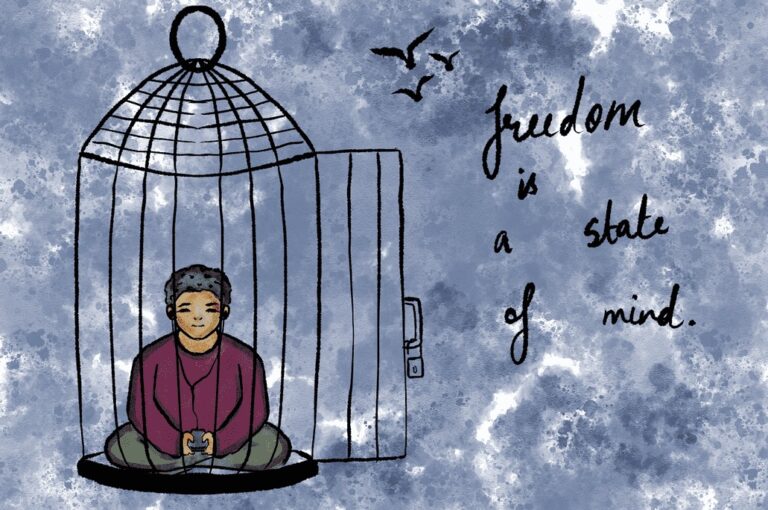
Readers' Reviews (3 replies)